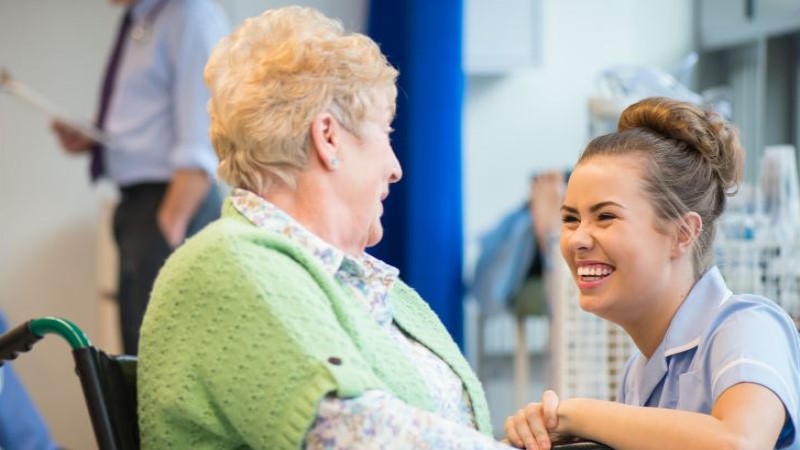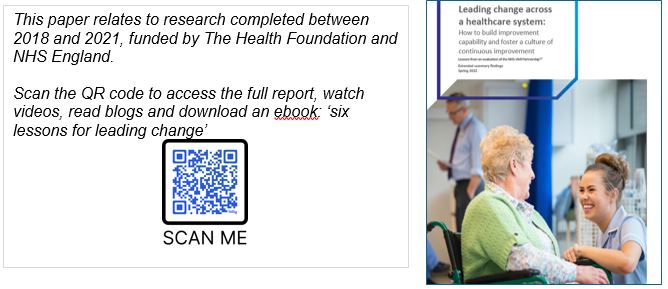
Use and adaptation of corporate lean programs to respond to extreme disruption and crisis
Event details
This research examines whether and how Corporate Lean Programs (CLPs) can be adapted to respond to extreme disruption and crisis. We do this through study of the role and utility of an established CLP in a sector severely impacted by a crisis, healthcare. During the Covid-19 pandemic, using a combination of non-participant observation and semi-structured interviews, we studied five hospitals with established CLPs to understand if and if so, how each used the routines associated with the CLP in their efforts to manage the crisis. We find all five organizations were using and adapting their CLP in similar ways. We propose three inter-related themes that explain how and why an established CLP enabled the five organizations to respond to the crisis. First, routines and practices that support distributed leadership, specifically daily management practices, increased in volume and spread to enable rapid decision-making, communication, and co-ordination of activity across all organizational levels to cope with high environmental uncertainty and change. We also found daily management practices provided a vital mechanism for embedding new members into teams as well as providing vital support for employee wellbeing. Second, the rapid reconfiguration of a centralized team of improvement specialists to work in more flexible and distributed ways supported the organization to adapt routines and practices in ways that maintained attention to structured problem-solving under severe-time pressure. Collectively, the increase in volume and spread of daily management practices coupled with increased visibility of a team of improvement specialists working in new agile ways, served to enhance legitimacy for lean-based expertise in ways that had not been achieved prior to the crisis. Third, our findings revealed routines and practices that support learning were retained during the crisis, reinforcing learning as a ‘second order’ capability enabling the organizational to reap the benefits of a CLP for the long term.
About the Speaker
Professor Nicola Burgess, School for Business and Society
Learn more about Nicola on her profile.
